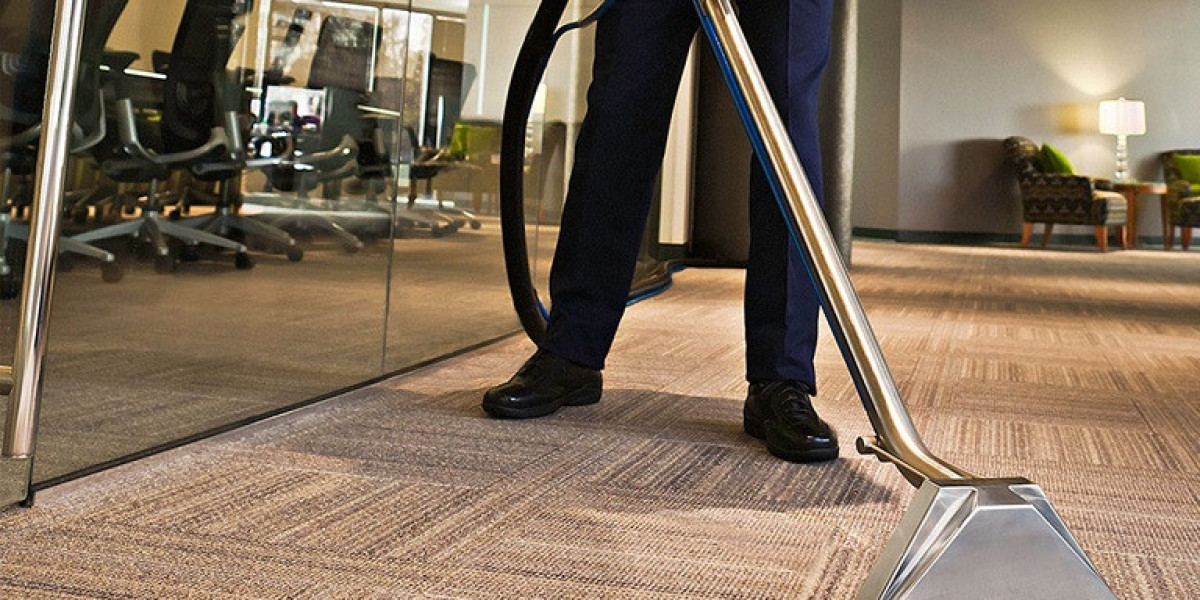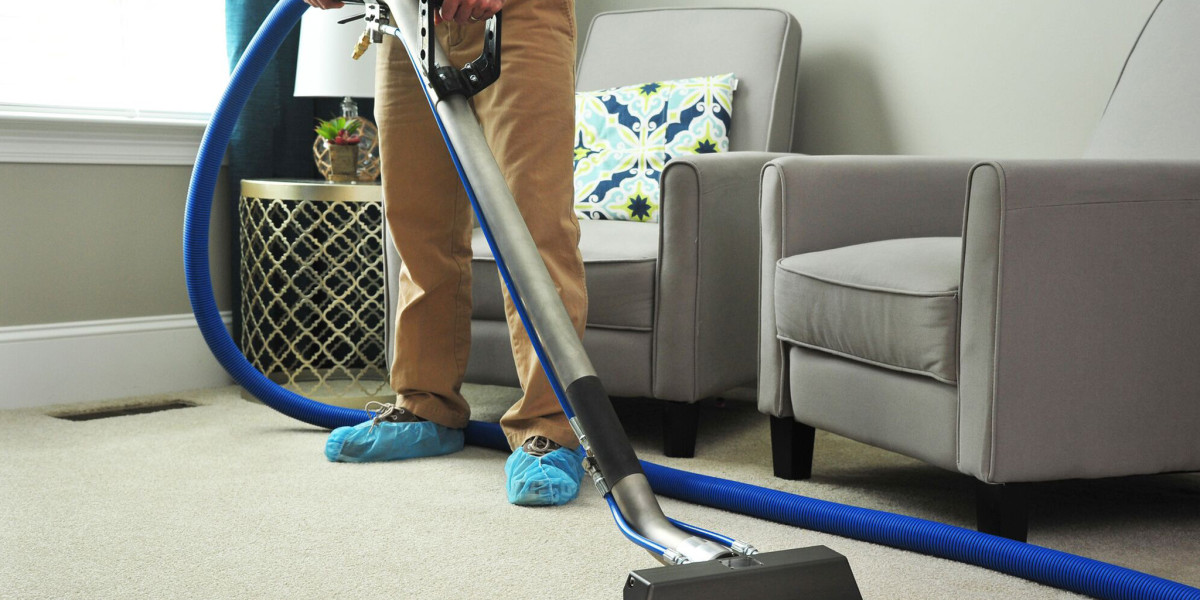How to Buy a Motorcycle License: A Comprehensive Guide
Motorcycling is not just a mode of transport but also an exhilarating pastime for many. Nevertheless, before you can rev your engine and struck the roadway, you must acquire a motorcycle license. This guide aims to offer comprehensive information on the process of buying a motorbike license, making sure that potential riders have a clear understanding of the requirements, steps, and often asked concerns.
Comprehending the Basics
A motorbike license, also known as a motorbike endorsement, is a special designation on your driver's license that enables you to lawfully operate a motorbike on public roads. The process of getting this endorsement differs by state or country, however generally includes a combination of written tests, useful training, and roadway tests.

Step-by-Step Process to Obtain a Motorcycle License
Research study Your State's Requirements
- Each state or country has its own set of regulations and requirements for motorcycle licensing. Start by visiting your local Department of Motor Vehicles (DMV) or equivalent company's site to collect specific details.
- Note the age requirements, costs, and any necessary documentation.
Study the Motorcycle Manual
- The DMV or equivalent firm typically provides a bike handbook that covers important details such as traffic laws, safe riding practices, and motorcycle-specific guidelines.
- Familiarize yourself with the handbook to get ready for the written test.
Take a Motorcycle Safety Course
- Many states require or strongly advise that you finish a standard motorcycle security course before requesting a license.
- These courses, frequently used by organizations like the Motorcycle Safety Foundation (MSF), teach you the basics of motorcycle riding, including braking, turning, and emergency situation maneuvers.
- Finishing the course can likewise certify you for a waiver on the practical riding test and may provide discount rates on insurance.
Obtain a Learner's Permit
- Visit your regional DMV or utilize their online portal to look for a student's permit.
- You will require to pass a written test that covers traffic laws and safe riding practices.
- The student's permit generally permits you to ride a motorcycle under specific restrictions, such as being accompanied by a licensed rider or not riding during the night.
Practice Riding
- Once you have your learner's license, practice riding under the assistance of an experienced motorcyclist or a licensed instructor.
- Focus on building your abilities in a safe environment, such as a car park or a quiet street.
- Practice various riding scenarios, including beginning and stopping, turning, and navigating through traffic.
Set up and Take the Road Test
- Once you feel positive in your riding capabilities, schedule your road test with the DMV.
- During the test, you will be evaluated on your capability to safely operate a bike, browse different traffic situations, and follow traffic laws.
- If you fail, you can typically retake the test after a given duration.
Get Your Motorcycle License
- After passing the roadway test, you will get your bike license. This endorsement will be contributed to your driver's license.
- You can now lawfully ride a motorcycle on public roadways, subject to any additional restrictions that might use.
Additional Considerations
Insurance coverage and Registration:
- Before riding, ensure your motorcycle is properly insured and signed up. Most states need a minimum level of liability insurance.
- Consult your insurance supplier to understand the expenses and protection choices.
Security Gear:

- Invest in premium safety gear, consisting of a DOT-approved helmet, protective gloves, strong boots, and a long lasting jacket.
- Helmets are obligatory in many states and are vital for your security.
Continued Education:
- Even after getting your license, consider taking sophisticated riding courses to enhance your skills and remain updated with the most recent security practices.
Frequently Asked Questions (FAQs)
Q1: How long does it require to get a motorcycle license?
- The time can differ depending on your state's requirements and your personal pace. Generally, the procedure can take a couple of weeks to a couple of months. Elements consist of the schedule of security courses, scheduling of the roadway test, and how rapidly you build your riding abilities.
Q2: Do I need a car license to get a motorcycle license?
- Yes, in many states, you need to have a legitimate driver's license before you can request a motorcycle endorsement. The particular kind of license required may vary, so check your state's policies.
Q3: Can I take the roadway test on my own motorcycle?
- In many states, you can take the road test on your own bike, supplied it satisfies all safety and registration requirements. Some states may require you to use a DMV-provided motorbike. Check your local DMV's website for details.
Q4: What is the expense of getting a motorcycle license?
- Costs differ by state but usually include fees for the learner's license, the written test, the roadway test, and the motorcycle safety course. Extra costs might consist of the cost of safety gear and insurance coverage.
Q5: What happens if I fail the road test?
- If you fail the roadway test, you will typically need to arrange a retake after a specified duration. Some states may permit you to retake the test immediately, while others require a waiting period. Practice the locations where you had a hard time and returned better prepared.
Q6: Are there different classes of motorbike licenses?
- Yes, some states provide different classes of bike licenses based upon the type of motorcycle you intend to ride. For example, Class M1 might be for regular motorbikes, while Class M2 might be for mopeds or scooters. Inspect your state's policies to identify which class you need.
Q7: How old do I require to be to get a bike license?
- The minimum age to acquire a motorbike license differs by state. In many states, you can obtain a learner's permit at 16 and a full motorbike license at 18. Nevertheless, some states have different age requirements, so always verify with your regional DMV.
Q8: Can I get a motorbike license online?
- No, you can not acquire a motorbike license entirely online. While you can study the manual and finish some initial actions registrierten führerschein online kaufen, you will need to visit a DMV workplace to take the composed and roadway tests and receive your license.
Q9: What should I do if I move to a new state?
- If you relocate to a brand-new state, you will likely require to transfer your bike license or acquire a new one. Inspect the particular requirements of your new state, as you might require to take additional tests or complete a security course.
Q10: Are there any constraints on my motorcycle license?
- Yes, some states position constraints on new motorcycle license holders, such as not riding in the evening or not bring travelers for a certain period. These constraints are developed to assist new riders gain experience securely.
Getting a motorcycle license is an uncomplicated process that requires devotion, research study, and practice. By following the actions described in this guide, potential riders can ensure they are well-prepared and meet all the essential requirements. Remember, safety is vital, so invest in correct training and security gear. With a legitimate bike license, you can enjoy the flexibility and enjoyment of riding while remaining safe and legal on the road.
Extra Resources
- Motorbike Safety Foundation (MSF): msf-usa. org
- Department of Motor Vehicles (DMV): [yourstate.dmv.gov]
- Insurance Providers: Check with your regional insurance companies for bike insurance options and discounts.








